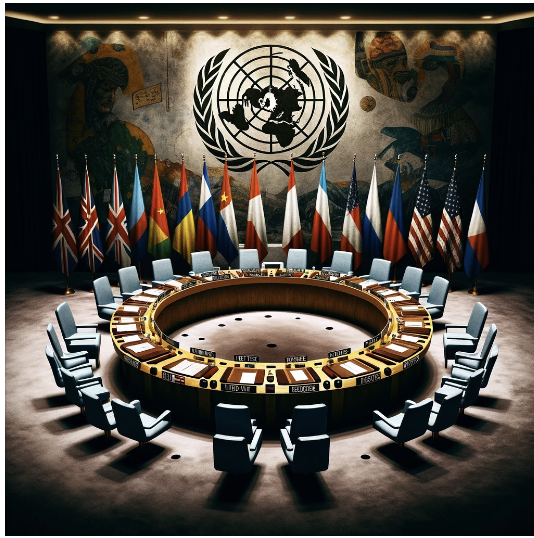No deterrence against the Houthis
Steve Hendrix, Susannah George, Missy Ryan, March 17, 24, As Gaza war rages, U.S. military footprint expands across Middle East, MSN, https://www.msn.com/en-us/news/world/ar-BB1k1Kw1
In the Red Sea and around the Arabian Peninsula, however, the United States and other nations have struggled to fully halt the Houthi attacks, despite two months of strikes on the group’s missile sites and infrastructure. Since October, the Yemeni militants have attacked commercial and naval vessels more than 60 times, diverting global maritime traffic, driving up costs and sinking one cargo ship, the Rubymar. They have also clashed directly with U.S. forces, including firing on Navy helicopters answering a distress call from a commercial ship. Still, Miguez described the pace of operations as “a persistent drumbeat.”
Biden using its veto to block a Security Council resolution to support Gaza ceasefire
Blank, 3-14, 24, JONAH BLANK is an Adjunct Senior Political Scientist at the RAND Corporation and a Visiting Research Fellow at the National University of Singapore’s Middle East Institute. From 1999 to 2009, he served as Senator Joe Biden’s Policy Director for South and Southeast Asia; from 1999 to 2001 he also advised the senator on the Middle East, https://www.foreignaffairs.com/united-states/how-biden-can-get-tough-netanyahu
Another step would be for Biden to dial back U.S. diplomatic support for Israel at the United Nations. The United States has used its diplomatic heft—particularly its veto power on the UN Security Council—to block nearly any meaningful international criticism of Israel, for any reason. In February, for example, a Security Council resolution demanding a cease-fire in Gaza gained the votes of nearly all members, including U.S. allies such as France.


